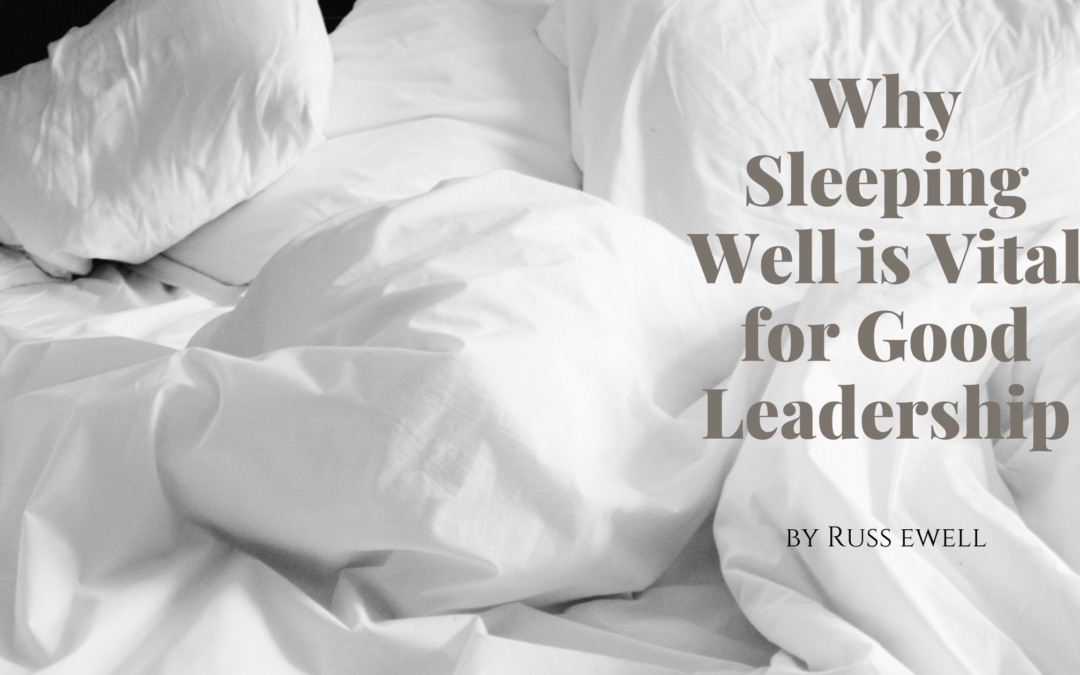Despite the growing number of people who advocate for better sleep, many Americans still don’t get enough sleep. According to a 2012 survey, about 29% of Americans don’t get enough sleep. This figure is up from 22% in 1985, and it’s a concern for executives as well.
In 2017, a study by the Center for Creative Leadership revealed that almost half of leaders don’t get enough shut-eye.
Getting enough sleep is known to improve our cognitive performance and ward off various diseases such as Alzheimer’s. It can also help us store and process memories. It additionally helps us clear out beta-amyloid, which is a waste product.
Unfortunately, insufficient sleep can also lead to various issues such as poor judgment and lack of creativity. In addition, it can affect the performance of employees.
The Negative Consequences of Sleep Deprivation
Getting the proper amount of sleep can help improve the performance of leaders. One of the first steps in addressing this issue is to come to terms with the detrimental effects of fatigue on both yourself and the people who work for you. After that, follow some simple yet effective advice to ensure that you get enough sleep.
There is a common perception that leadership performance remains relatively consistent over time. However, recent studies have revealed that managers’ abilities can be drastically different from day to day and that this inconsistency can be attributed to the quality of a manager’s sleep.
Studies have also shown that when leaders don’t get enough sleep, they are more prone to acting in an abusive manner, and they can be perceived as less charismatic. In addition, their team members are likely to become sleep-deprived.
In 2016, a group of researchers conducted a study that revealed how insufficient sleep can affect the ability of managers to motivate and inspire their team members. For the experiment, some of the students were given a normal night’s sleep, while others were given a sleep-deprived condition.
The researchers asked the participants to talk about their role as a leader, and then a separate set of participants were then asked to evaluate the speakers’ charisma. The results of the study revealed that those who were sleep-deprived were more likely to perform poorly than those who were in the control group. According to previous research, when leaders exhibit positive emotions, their team members feel better and perceive them to be charismatic.
Getting enough sleep is also known to affect our mood and ability to manage our emotions. It can make it hard to feel positive and maintain a positive outlook.
Leaders who don’t value the importance of sleep can also negatively affect their team members’ behaviors. For instance, they can make their subordinates believe that sleep is unimportant.
Leaders can devalue sleep by setting an example for their employees. For instance, they can boast about how they don’t sleep well or send work e-mails at 3 am. They can additionally encourage their team members to work during the typical sleep hours.
Employees pay close attention to the cues that are presented to them by their managers. For instance, when it comes to getting enough sleep, the subordinates of leaders who encourage poor habits tend to get less sleep than those who value sleep.
